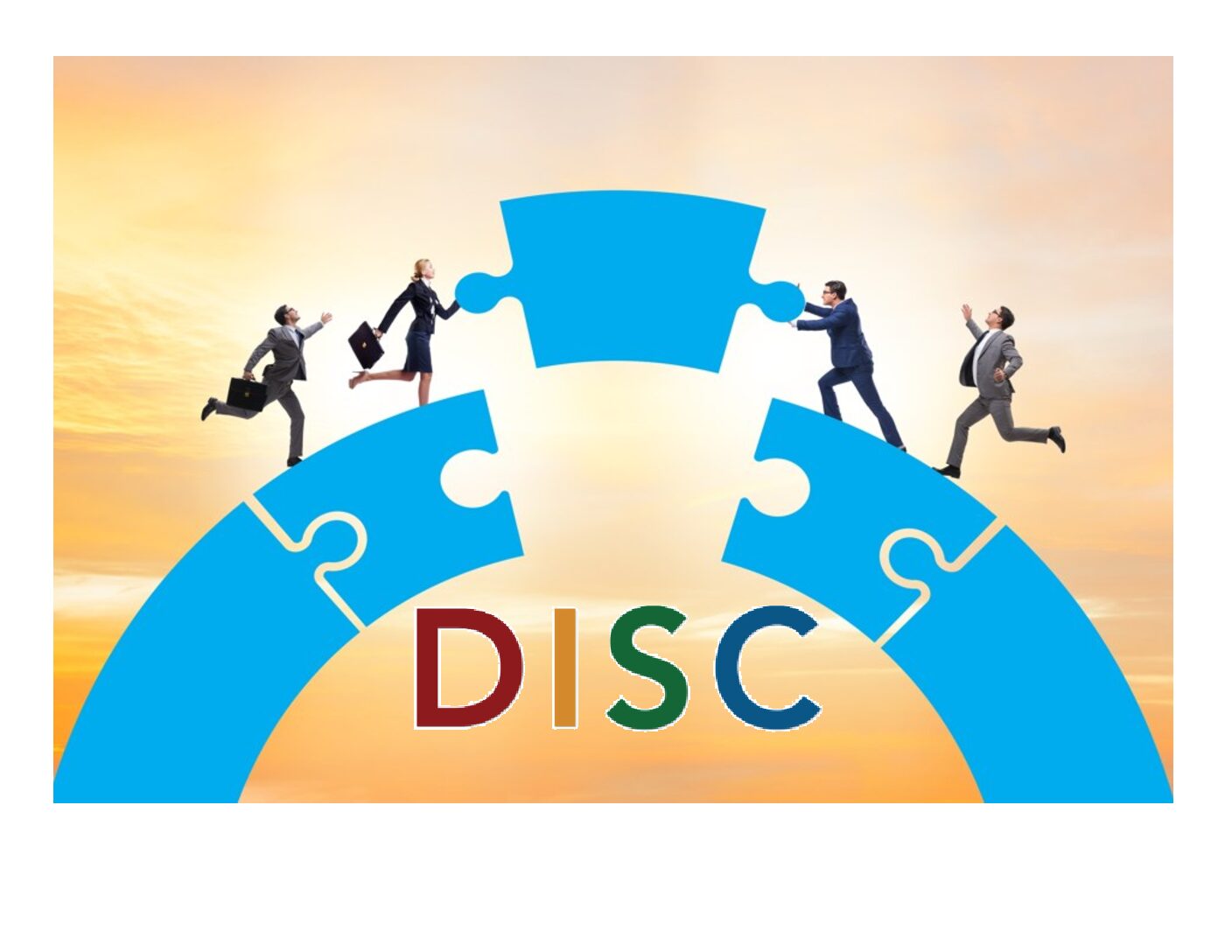Bridging Differences to Build Trust, Clarity, and Stronger Teams
The Challenge of a New Team
Large organizations often move at 180 mph. Organizational restructures and changes are implemented, sometimes with little notice, under the banner of improving productivity. When organizations shift, so do the leaders and people within them. Some are promoted into new leadership roles, while others face the harsh reality of downsizing or reassignment to different teams with new bosses. See the sanitized case study below.
When Bri was promoted to lead a newly formed leadership team for a critical business unit, she was excited but quickly overwhelmed. Her team members were talented, yet meetings were tense, miscommunication was frequent, and small disagreements slowed progress. Some teammates felt unheard, while others grew frustrated with delayed decisions. Despite good intentions, the group struggled to gel.
Believing she was the root cause of the problem, Bri sought coaching. With a major contract deadline looming and the rollout of a key company initiative, the coach recommended including the entire team in the diagnostic process.
The breakthrough came when the team completed a DISC assessment and gathered at an offsite retreat. They discovered their different communication styles, why one member pushed for rapid decisions, while another needed time to process, or why some thrived in brainstorming and others preferred structure. Armed with this insight, Bri adjusted her approach, and the team began to value one another’s strengths. Collaboration improved, trust deepened, and performance soared. As Bri reflected, “This was the best investment I’ve made as a leader.”
What Is The DISC?
The DISC assessment is a behavioral tool that measures four core personality preferences: Dominance, Influence, Steadiness, and Conscientiousness. Each style highlights how individuals prefer to communicate, solve problems, and interact with others. By making these tendencies visible, DISC provides leaders and teams with a roadmap for more effective collaboration.
Why Leaders Benefit from DISC
Great leaders don’t just manage tasks, they manage people. DISC equips leaders to:
- Increase self-awareness: Recognize strengths, blind spots, and default reactions.
- Adapt communication: Tailor interactions to build trust and clarity.
- Resolve conflict: Turn style differences into productive dialogue.
- Motivate effectively: Align tasks with what energizes each team member.
- Neutralize toxic behavior: Foster a shared language that improves communication and reduces friction.
These insights make leaders not only more effective, but more human. They learn to “Trust and Inspire” (Stephen M.R. Covey) rather than assume poor intent. By flexing their style to meet others’ needs, leaders strengthen relationships, foster healthier team climates, and spark greater collaboration.
Building Stronger Teams with DISC
DISC doesn’t just transform leaders—it strengthens entire teams. By applying its insights, teams can:
- Appreciate diverse perspectives: Differences become assets, not barriers.
- Improve collaboration: Understanding each other’s styles bridges communication gaps.
- Boost accountability: With clear expectations, ownership of results feels natural.
- Enhance trust: A shared language reduces misunderstanding and builds psychological safety.
When teams know how each member operates, frustration gives way to synergy. The payoff is both cultural and measurable: higher engagement, lower turnover, and stronger performance. Leaders who invest in “chartering” their teams up front reap long-term dividends, as teams operate with speed and precision.
From Awareness to Action
Tools like DISC are not about labeling people or psychoanalyzing them, they’re about unlocking potential. Awareness is the first step, but transformation comes when organizations integrate DISC into leadership development programs, coaching sessions, and team workshops.
That’s when leaders move from struggling to thriving. Teams that once felt stuck begin to fire on all cylinders. And organizations don’t just see short-term wins; they build cultures capable of sustaining long-term success.
Organizational Takeaway
When leaders and teams understand themselves and one another through tools like DISC, they create workplaces where trust, collaboration, and accountability thrive. The result: stronger leaders, stronger teams, and stronger organizations.
Click here to schedule a free 30-minute discovery discussion with a certified DISC professional regarding your leadership and team effectiveness.

About Dr. Ollie G. Barnes III
Dr. Ollie G. Barnes III is an organizational performance consultant, keynote speaker, and author of Diagnosing Toxic Leadership: Understanding the Connection Between Personality Disorders and Toxic Leader Behaviors. As the founder of Impact Performance Consultants, he brings over 25 years of experience helping organizations transform workplace culture, improve leadership effectiveness, and build psychologically safe environments. Learn more at ImpactPerformanceConsultants.com

